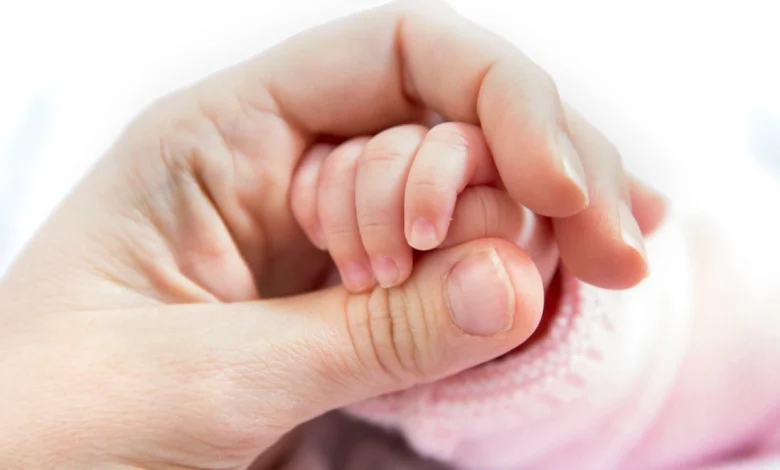UPSC Editorial Analysis
Apathy of family and high costs hinder maternal healthcare
(Syllabus- GS Paper 2, Health)

Context– A recent report by the United Nations showed that India was among the top 10 countries that accounted for 60% of global maternal deaths,stillbirths and new birth deaths.
Details of the report
- The report said that India accounted for 17% of such deaths in 2020, followed by Nigeria( 12%) and Pakistan(10%). The report highlighted that India had the highest number of maternal deaths (24000) after Nigeria.
-
- The report emphasized that the three major interventions that can help reduce maternal deaths that include
- going for four antenatal care visits or ANC visits recommended by the WHO during pregnancy.
- Having a skilled attendant at birth.
- Receiving postnatal care after childbirth within the first two days after birth.
Importance of antenatal care:
- During the antenatal care,health workers educate women about complications during pregnancy and labor and after childbirth.
- The ANC visits also help the women get access to micronutrient supplements like iron and folic acid to prevent anemia that can lead to maternal and perinatal mortality.
- The visit also help seek treatment for hypertension to prevent eclampsia and to get immunization against tetanus and other endemic diseases.
Some Key findings:
- As per the data sourced from the National Health Survey-5(2019-21) and UN report on ‘Improving maternal and newborn health and survival and reducing stillbirth :Progress report 2023.
- In India 6.1% of mothers go for one ANC visit, while 34.1% go once,twice or thrice.There was a noticeable urban-rural divide.Only 39.9% of mothers who had no school education completed the four ANC visits while 68.6% of mothers who had completed 12 years of schooling completed four ANC visits. Stark differences were observed across the caste and class. A higher share of women from upper castes and wealthier households completed four ANC visits.
- Postnatal care within the first two days of birth is recommended as the mother is their most vulnerable state during the postpartum i.e 42 days after child birth.
- According to the WHO,most maternal and infant deaths occur in the first month after birth with almost half of the postnatal maternal deaths in the first 24 hours and 66% in the first week.
- In India 16% of women do not go for even one postnatal health check-up,while 22.8% have delayed check-up two days after child birth. Among the poorest 26.3% women never went for postnatal check up whereas among the richest only 7.9% did not .
- Worryingly only 50-60% of husbands were informed by health workers at the time during pregnancy about the signs of pregnancy related complications and only 64% men knew about what to do if the women had complications.
- In the habit of refusing to seek antenatal care, only 3.9% of women themselves refused to do so, while in most cases it was the husband and her family that led to fewer ANC visits. In 28 % cases the families and the women’s husbands deemed ANC visits as unnecessary and did not allow their women.
- Money is also an important factor for low footfalls at ANC visits with 27.7% citing financial reasons for refusing such visits.
- Finally 8% of Indian women did not receive tetanus shots that help prevent infections post surgery. In about 11% of cases, no skilled healthcare providers could prevent and manage complications during a delivery.
Way forward:
- Efforts should be made to spread awareness on the access to quality obstetric care among individuals, families and communities and gender biasness and inequalities must be reduced.
- The healthcare delivery infrastructure and functioning must be managed for quality and respectful care. The universal health care coverage and primary health care must address quality sexual and reproductive health services as a primary part.
Conclusion
- The recent reports are a wakeup call for the world and India to take up immediate actions to save the lives of millions of women and infants dying due to unnecessary reasons each year. It is important to remember that maternal and newborn health should be a moral obligation of families and the communities in general.





.png)



